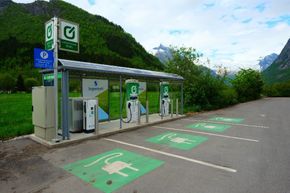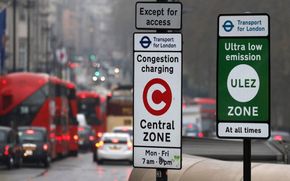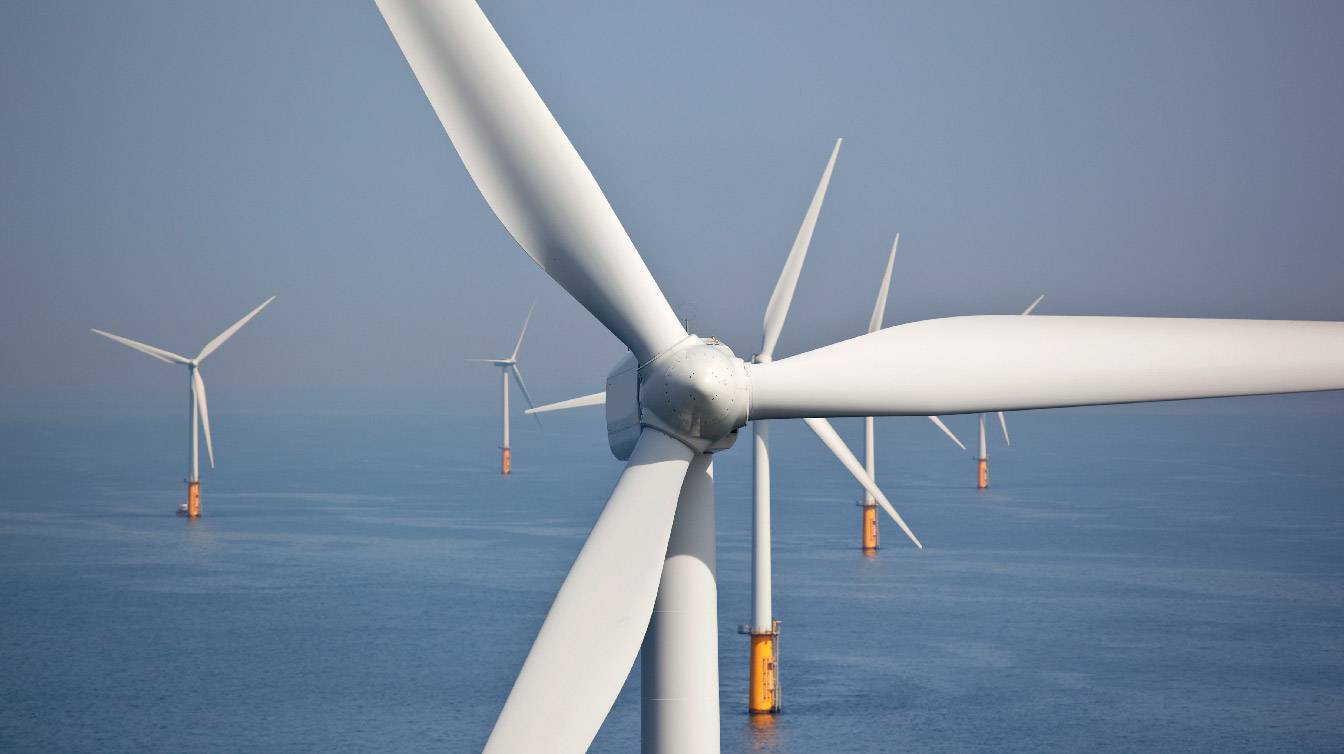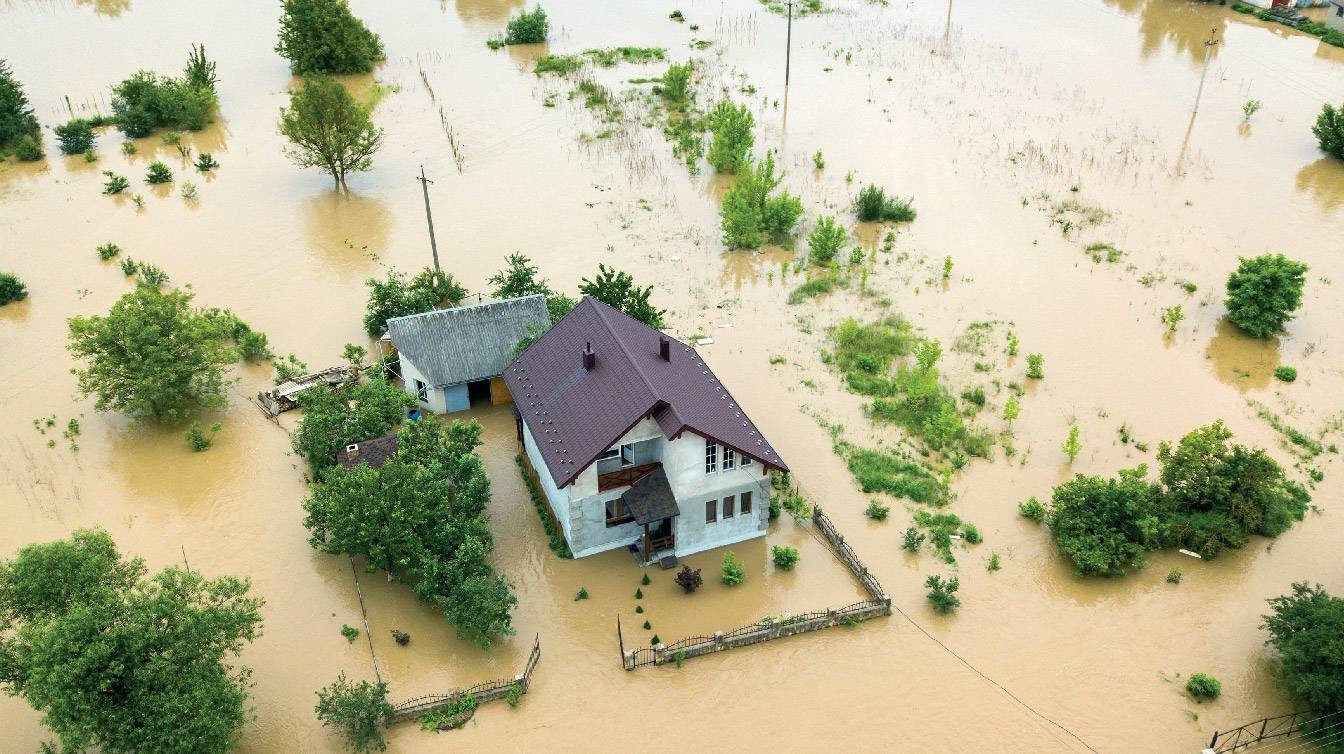International Programme for Action on Climate
The OECD International Programme for Action on Climate (IPAC) supports country progress towards net-zero greenhouse gas (GHG) emissions and a more resilient economy by 2050.
Through regular monitoring, policy evaluation and feedback on results and best practices, IPAC helps countries strengthen and co-ordinate their climate action. It complements and supports the UNFCCC and the Paris Agreement monitoring frameworks.
Climate Action Dashboard
The joint OECD-France high-level panel discussion at COP27 provided an opportunity to share the OECD contributions to the COP27 agenda of ambition and transparency through the presentation of the second Climate Action Monitor and updated Climate Action Dashboard on a global stage.
Climate Policies in Practice
The Climate Action Monitor
At the start of COP27, country commitments to net zero still do not match the level of ambition of the Paris Agreement.
Yet the message is perfectly clear: climate risks will only be significantly reduced if we can achieve net zero in carbon dioxide emissions by 2050 and sharply reduce other emissions, in particular from methane.
For this to happen, a profound transformation of the structure of the world economy is required, one that halts the existing policy frameworks and economic interests that continue to be geared towards fossil fuels and carbon-intensive activities.
Tackling the climate crisis together
Additional resources
Contact us
For more information, please contact: [email protected], cc: Ms. Nathalie Girouard, Head of the Environmental Performance and Information Division, OECD Environment Directorate.












